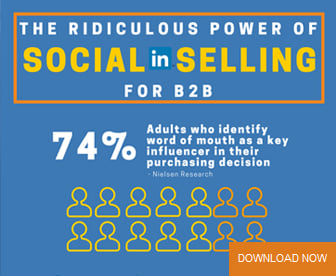The Challenges and Benefits of Influencer Marketing
Influencer marketing, the process of marketing a product, service or brand to a specific audience through targeted social media influencers, is becoming one of the most popular forms of marketing. By choosing the proper influencers, companies and brands can get their messages across to a captive and engaged audience. To truly utilize and glean value from influencer marketing though, businesses need to make sure they are using the proper tools for measuring and managing campaigns and results.
According to a recent blog post from Simply Measured, a company that specializes in social media analysis, monitoring and analytics, one of the biggest challenges of influencer marketing is measuring the return on investment (ROI). Software can certainly help in this area, including Simply Measured’s Social Attribution offering, which lets businesses measure exactly how influencers’ activities contribute to business value. The solution tracks the number of website visits from private sharing as well as the number of impressions and conversions each influencer is driving. Other metrics measured include which social channels are the most successful and how different campaigns stack up against each other.
Additional ways to measure ROI include creating custom URLs for each influencer to better track results from specific people and campaigns. Businesses can also offer unique promotional codes for influencers to promote discounts. These codes can be tailored to the specific name or handle of the influencer to better track performance.
Another challenge with influencer marketing is selecting the right influencers for a particular product, business or brand. In order to narrow down the field, companies should determine what they are trying to achieve from a specific influencer campaign as well as whether they hope to drive both visibility and conversions. Influencer relevancy is a major factor, and businesses need to be sure the target audience they are trying to reach is the core audience of a specific influencer. Engagement is another important factor and the influencer should be getting enough shares, likes, comments and retweets to make them a worthwhile marketing investment.
Finally, maintaining authenticity is an important component and a challenge for any influencer marketing campaign. The best way to achieve this is to work with authentic influencers who are known for their enthusiasm and honesty. Businesses should also make sure influencers are using their own voices and conveying the marketing message in the way that works best for them and their viewers. By trying to be too controlling about the message and the means of delivery, a business can seriously damage the authenticity and reach of its message.
Influencer marketing can be an extremely valuable channel when used properly and with the correct tools for measuring engagement and ROI. It certainly has its challenges, but these may be overcome with proper planning and execution.











